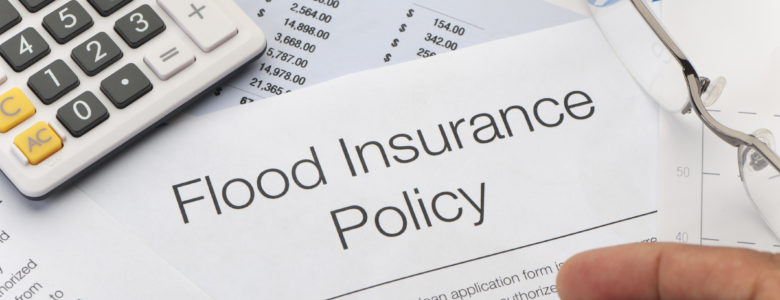When homeowners file a claim with their home insurance company, 76% of the claims are based on wind, water damage, hail, weather-related water damage, and theft. In the specific case of weather-related water damage, it may be more appropriate to file a flood insurance claim. If you’ve never used your flood insurance policy before, you may not be sure how to proceed. Here are some tips on how you should handle a flood insurance claim.
Itemize your possessions before a flood happens
Being prepared in advance can help your claim go more smoothly. Create a list of all your possessions in your home or business. You can create a section on your list for each room and write down the items inside. Include the modal numbers, the serial numbers, the date it was purchased, and a description of the item. You should even write down possessions such as your pictures, plants, and the contents in your drawers or cupboards. Additionally, if you can, take photographs or video of your items as well. Preparing this list now will help prove the loss you suffered and help you receive as much money as you need from your insurance company.
Contact your insurance agent in a timely manner
When your home has been damaged by a flood, you need to contact your insurance agent at the soonest possible time. Inform them you’ve suffered losses and that you plan to file a claim. If you’re unable to stay in your home because of the damages, give them information about how you can be contacted. Your agent will give your claim to an adjuster, and the adjuster will provide you the required forms you’ll need to fill out to move forward.
Organize your items after the flood
Once the flood waters have receded, if it’s safe to enter your home, go through each room and separate the damaged and undamaged items. Dry the items that are wet, such as clothing or linens. Some of your possessions may be able to be restored through cleaning them or doing minor repairs. Mark up which items on your inventory list are damaged or lost. Photograph the water in your house and take photos or video of the damaged property. You shouldn’t throw out any possession that’s damaged unless your adjuster agrees to it. Your adjuster will review your claim, inspect your list of damaged possessions, and work with you to calculate the value of your items and the repair estimate for the damage to your property.
Any damage to your possessions can be a challenging time. Whether you have auto insurance, home insurance, or a flood insurance policy, it’s important to be prepared ahead of time before you need to use it. Following these tips can help you get the most out of your flood insurance policy, and make dealing with the aftermath of a flood a little easier.

